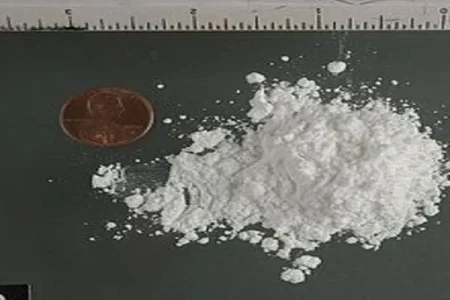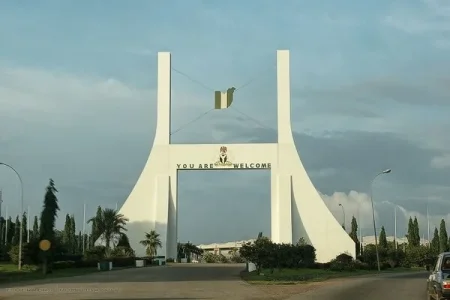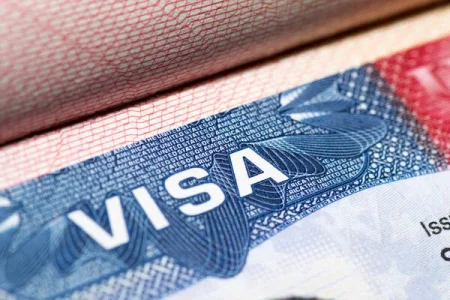
Ecuadorian police seized over six tonnes of cocaine hidden in a banana shipment destined for Germany. The discovery, worth $224 million, led to the arrest of five individuals. Ecuador's ports are increasingly used by transnational gangs to transport cocaine to Europe and the US, prompting intensified security measures.
Ecuadorian authorities recently seized over six tonnes of cocaine concealed in a shipment of bananas destined for Germany. During a routine inspection at Posorja deepwater port near Guayaquil, sniffer dogs detected the presence of the drug, alerting their handlers to 5,630 parcels containing a white substance, which later tested positive for cocaine.
The shipment, valued at approximately $224 million, had been hidden beneath crates of bananas. Following the discovery, five individuals were arrested, including a representative of the export company responsible for the shipment. This representative provided officials with the names of four additional suspects, including the managers of the banana plantation where the cocaine was allegedly added to the shipment and the driver who transported the container to the port.
Ecuador has increasingly become a major transit country for cocaine produced in neighboring Peru and Colombia. Criminal organizations exploit Ecuador’s ports to ship drugs to Europe and the United States. In 2023, Ecuadorian security forces seized over 200 tonnes of drugs, mostly cocaine, making Ecuador one of the top three countries in terms of drug seizures, following the US and Colombia.
Despite the intensified security measures, Ecuador continues to face high levels of extortion, kidnappings, and murders fueled by gang violence. The recent cocaine bust highlights the ongoing challenges Ecuador faces in curbing drug trafficking and related criminal activities.




